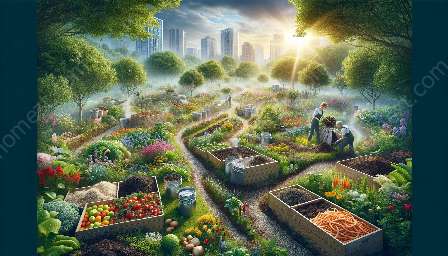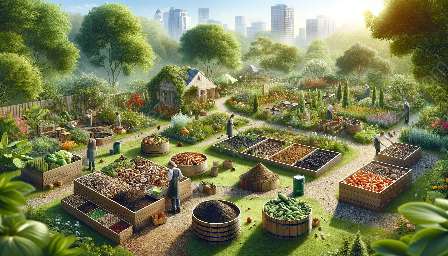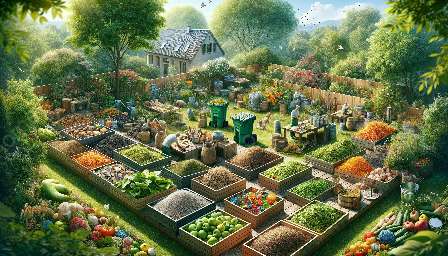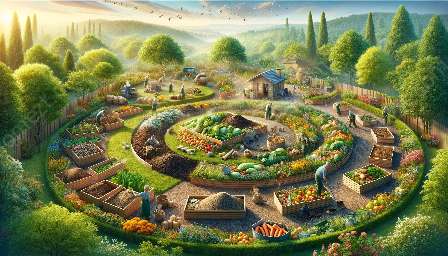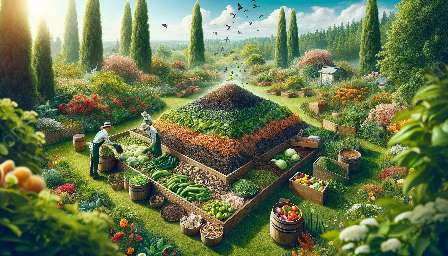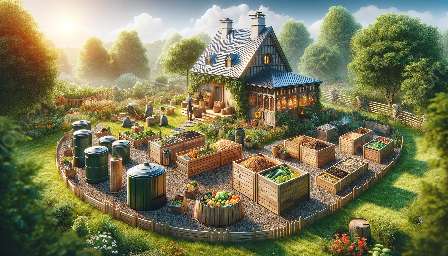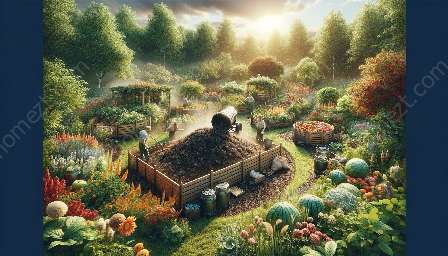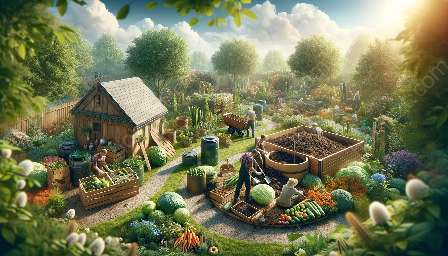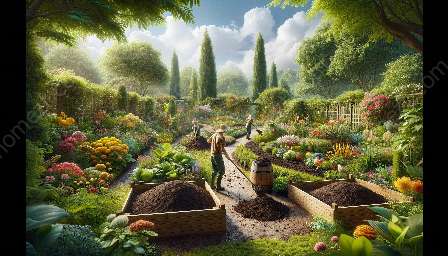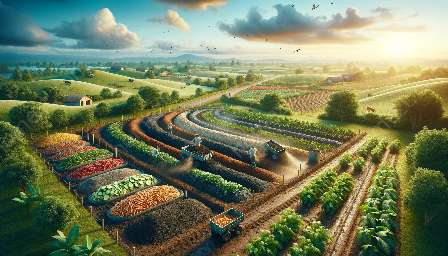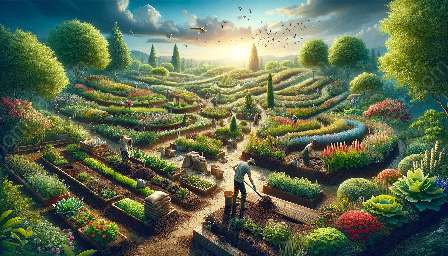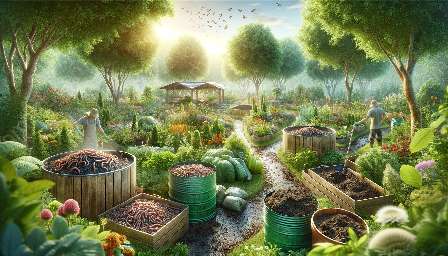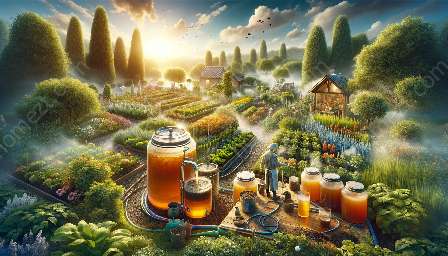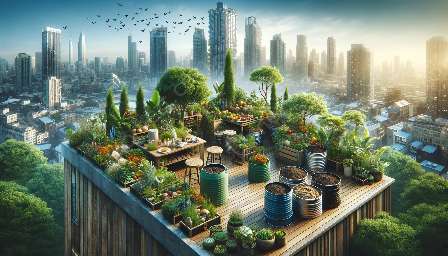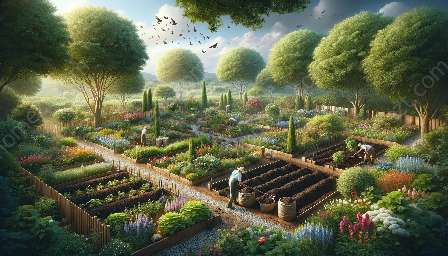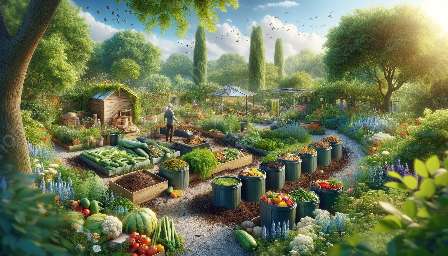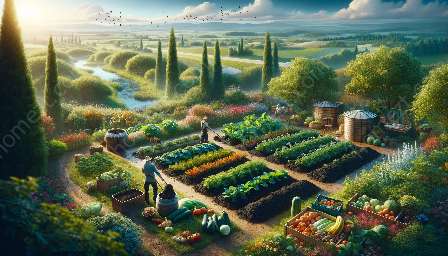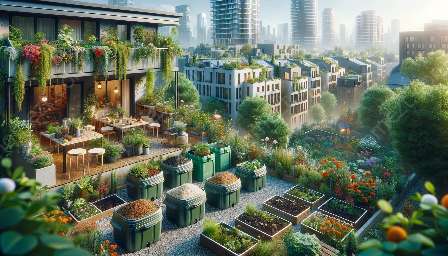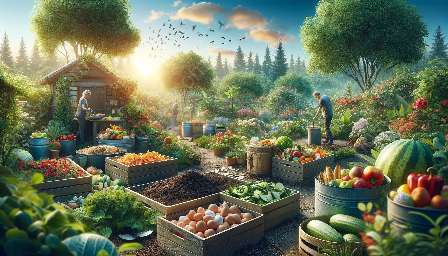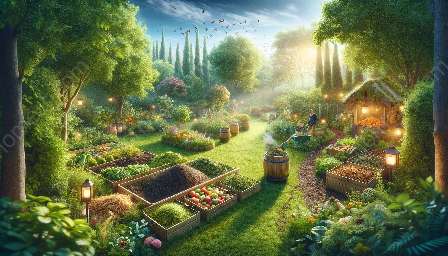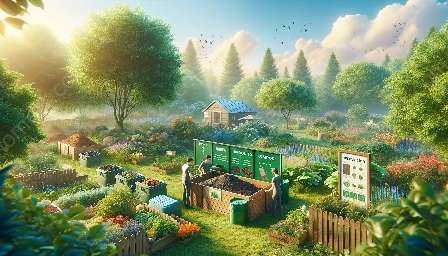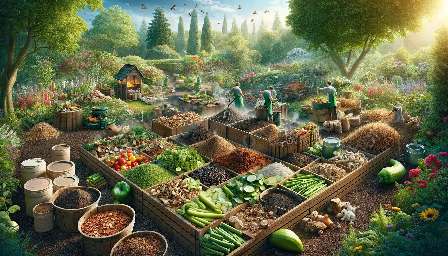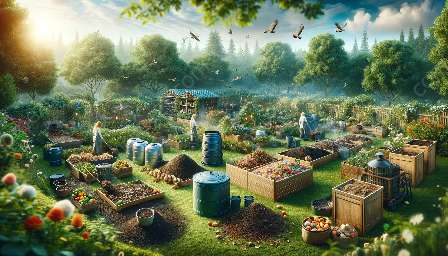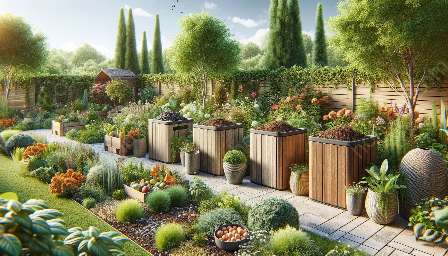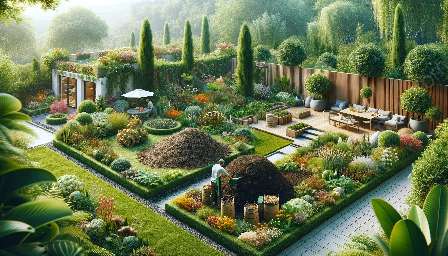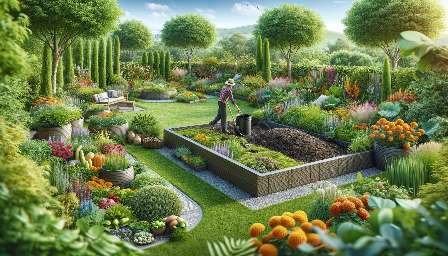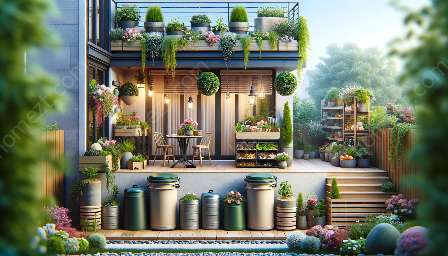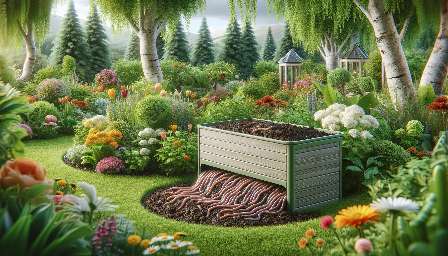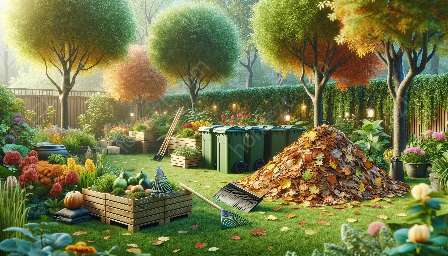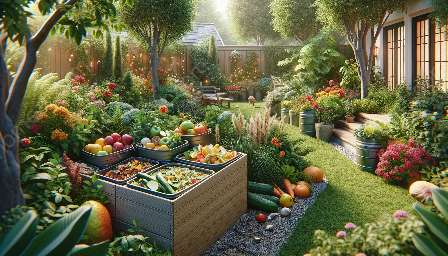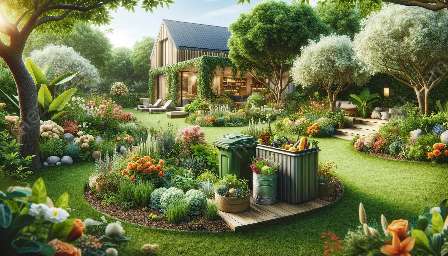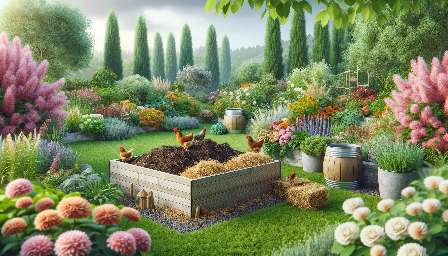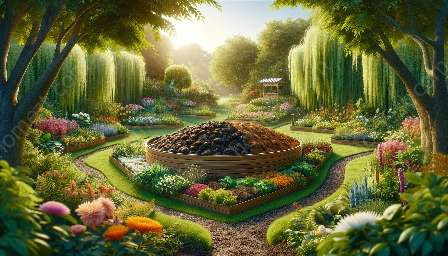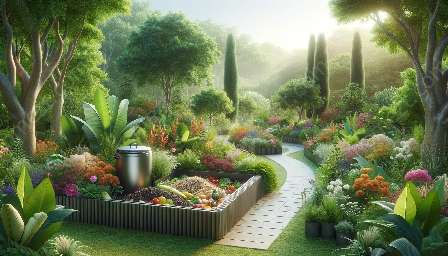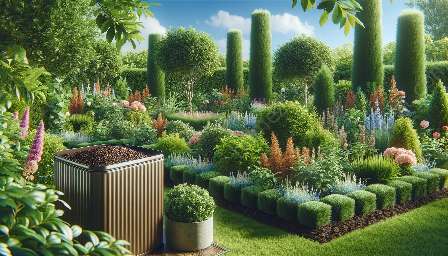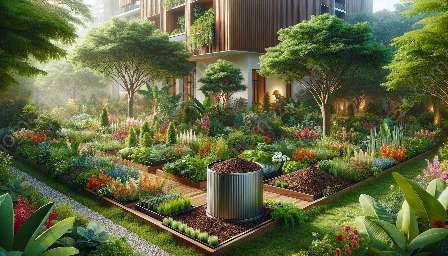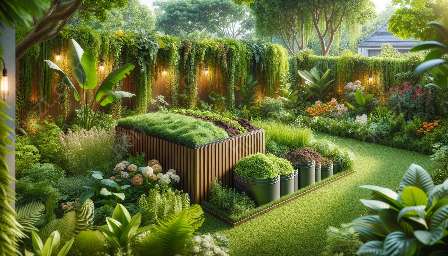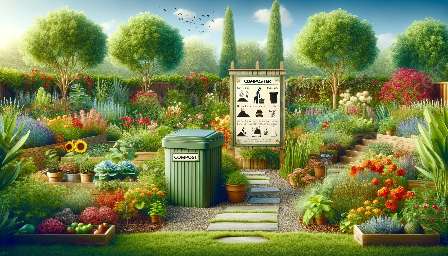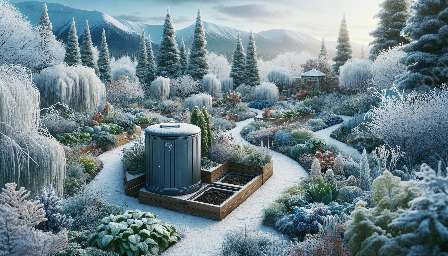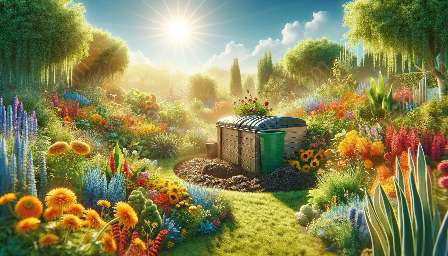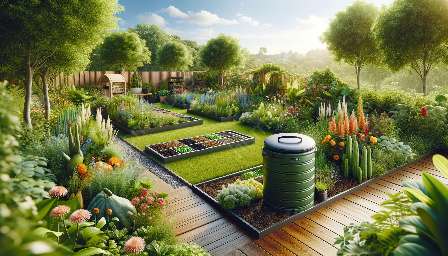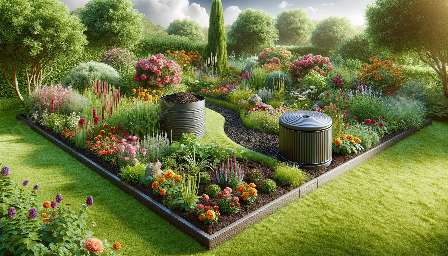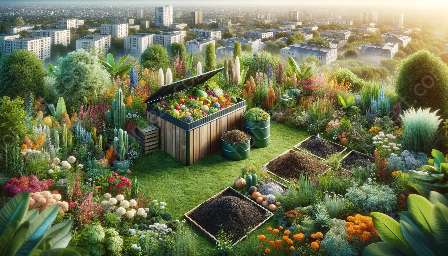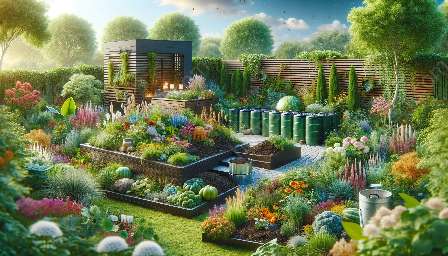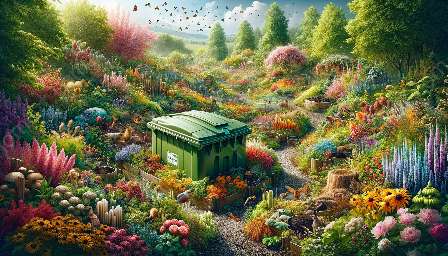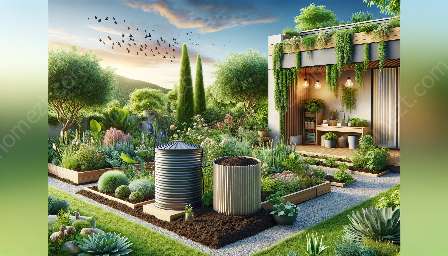Composting materials play a pivotal role in creating a sustainable and vibrant garden and landscape. When properly executed, composting can transform organic waste into nutrient-rich soil amendments that enhance plant growth and soil health.
The Benefits of Composting
Composting is an eco-friendly practice that has numerous benefits for both the environment and gardeners. By diverting organic waste from landfills, composting reduces greenhouse gas emissions and helps to mitigate climate change. Furthermore, compost supports healthy plant growth by improving soil structure, increasing nutrient availability, and enhancing water retention. This, in turn, fosters a more resilient and productive garden and landscape.
Key Composting Materials
When it comes to composting, the right materials are essential for achieving optimal results. Organic materials such as fruit and vegetable scraps, coffee grounds, eggshells, grass clippings, leaves, and yard trimmings are all excellent additions to a compost pile. These materials provide a balanced mix of carbon and nitrogen, which is crucial for efficient decomposition. Avoid adding meat, dairy products, and diseased plants to the compost, as they can attract pests and pathogens.
Aerating materials such as straw, wood chips, or shredded paper help promote air circulation within the compost pile, preventing odors and facilitating decomposition. Water is also vital, as it helps maintain the moisture content necessary for microbial activity.
Integration with Gardening & Landscaping
Composting directly complements gardening and landscaping efforts. When mixed into garden soil, compost enriches it with essential nutrients, improving overall soil quality and plant health. Additionally, using compost as a topdressing or mulch helps suppress weeds, retain soil moisture, and regulate soil temperature.
- Tomatoes: Compost provides the necessary nutrients for robust tomato plants, resulting in higher yields and better-tasting fruits.
- Flower Beds: Incorporating compost into flower beds enhances soil fertility, leading to more vibrant blooms and healthier plants.
- Lawn Care: Topdressing lawns with compost can improve soil structure and encourage thick, lush grass growth.
The Art of Composting
Composting is a blending of science and art, requiring a balance of materials, moisture, and aeration to create the ideal environment for decomposition. Understanding the carbon-to-nitrogen ratio and proper layering techniques are critical for successful composting. Regularly turning the compost pile aerates the materials and accelerates decomposition, ultimately yielding nutrient-rich compost for your gardening and landscaping needs.
Closing Thoughts
Embracing composting as an integral part of gardening and landscaping enables individuals to play a vital role in reducing waste and supporting sustainable plant growth. By harnessing the power of composting materials, gardeners and landscapers can cultivate healthier, more resilient landscapes while contributing to a more sustainable planet.

